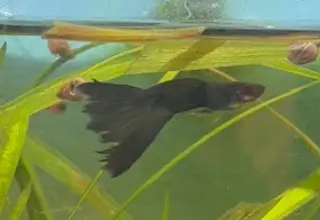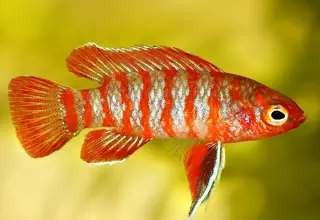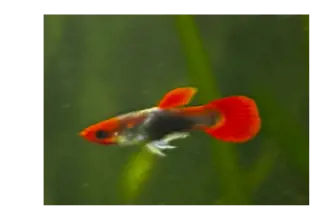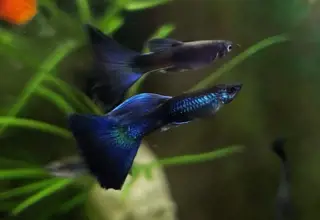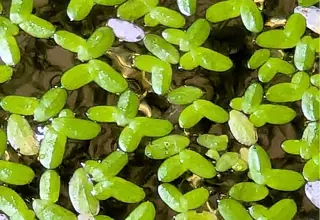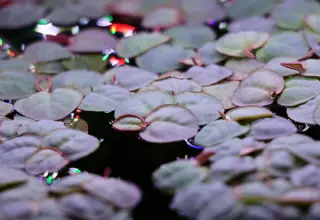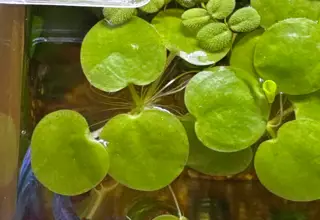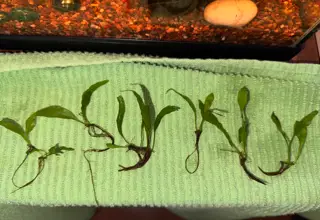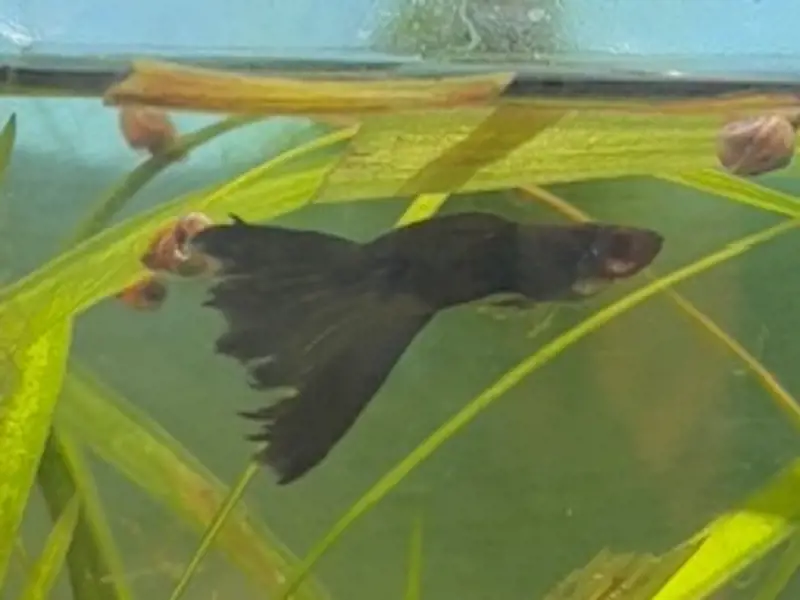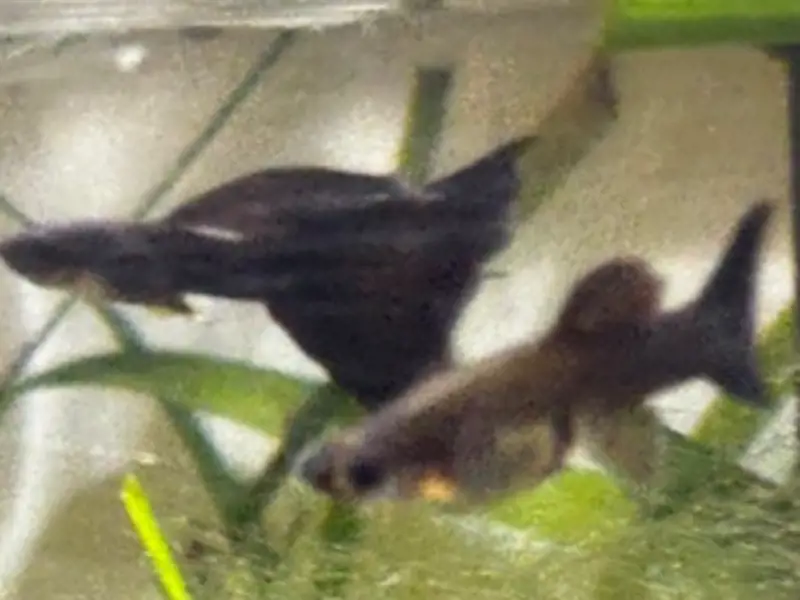Best Aquarium Sand for Plants
Posted by on 02/06/2024
If you're looking to add sand to your planted tank, you'll want to select an inert sand that won't add anything that could be detrimental to your aquatic plants.
In this post, we're going to discuss some of the misconceptions about aquarium sand, and we'll also recommend a few plant-safe options for your next aquascape.
Misconceptions
Depending on who you ask some hobbyists will recommend avoiding sand in planted aquariums altogether. The main reasons for this opinion are twofold. Due to the size of the fine grains of sand, it can be difficult for certain plants to root, and even once established, they can be dislodged quite easily. Another reason is for a process known as anaerobic gas build-up. If aquarium sand isn't turned over, hydrogen sulfide can build up over time, a gas compound that's toxic to fish. It's important to note that such a gas buildup would be rare in an at-home aquarium, and for hobbyists who want to exercise caution, adding a few aquatic snails should be all that's needed, as they'll naturally stir up the sand preventing a gas build-up from taking place.
Whether you're looking to add only a small amount of sand, or you're looking to cover the bottom of your tank, don't let these potential problems deter you! Aquarium sand is perfectly suitable for a planted aquarium, but hobbyists should be aware that sand will not contain nutrients, and it is up to you to supplement your aquatic plants with liquid, dry, or root tab fertilizers.
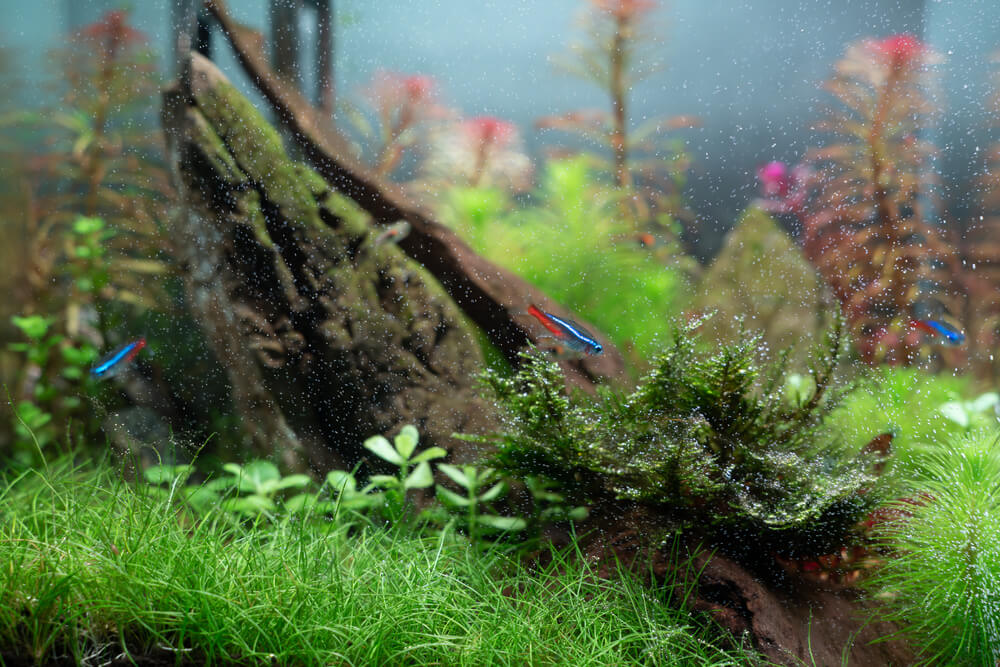
Our Favorites
Now that we've covered some of the misconceptions about aquarium sand in planted aquariums, let's get into some of our favorite sand-based substrates. Keep in mind that you may want to rinse some of these sands before adding them to your tank to filter out any dust or debris.
Pool Filter Sand
Without a doubt, one of the best aquarium sands you can use is Pool Filter Sand. We've even recommended this substrate as one of the best substrates for discus. Pool Filter Sand typically follows certain manufacturing standards, resulting in uniformly sized grains, making it an excellent choice for planted aquariums. Pool filter sand won't "clump up" like you see with play sand. The only drawback for some hobbyists is the color, as Pool Filter Sand tends to be more white compared to the traditional beige seen in play sands.
🛒 Shop Aquarium Plants Fish on Light Fish
Play Sand
Many hobbyists overlook the fact that Play Sand can be used in planted aquariums. We've seen play sand used creatively in a variety of different substrates, whether it's layered on top of gravel or used to create unique "roads" to provide a sense of scale throughout a planted aquarium's design.
There are quite a few different types of play sand brands that make great candidates for a planted aquarium. We cover our favorite aquarium play sands in our related blog post: Best Aquarium-Safe Play Sand.
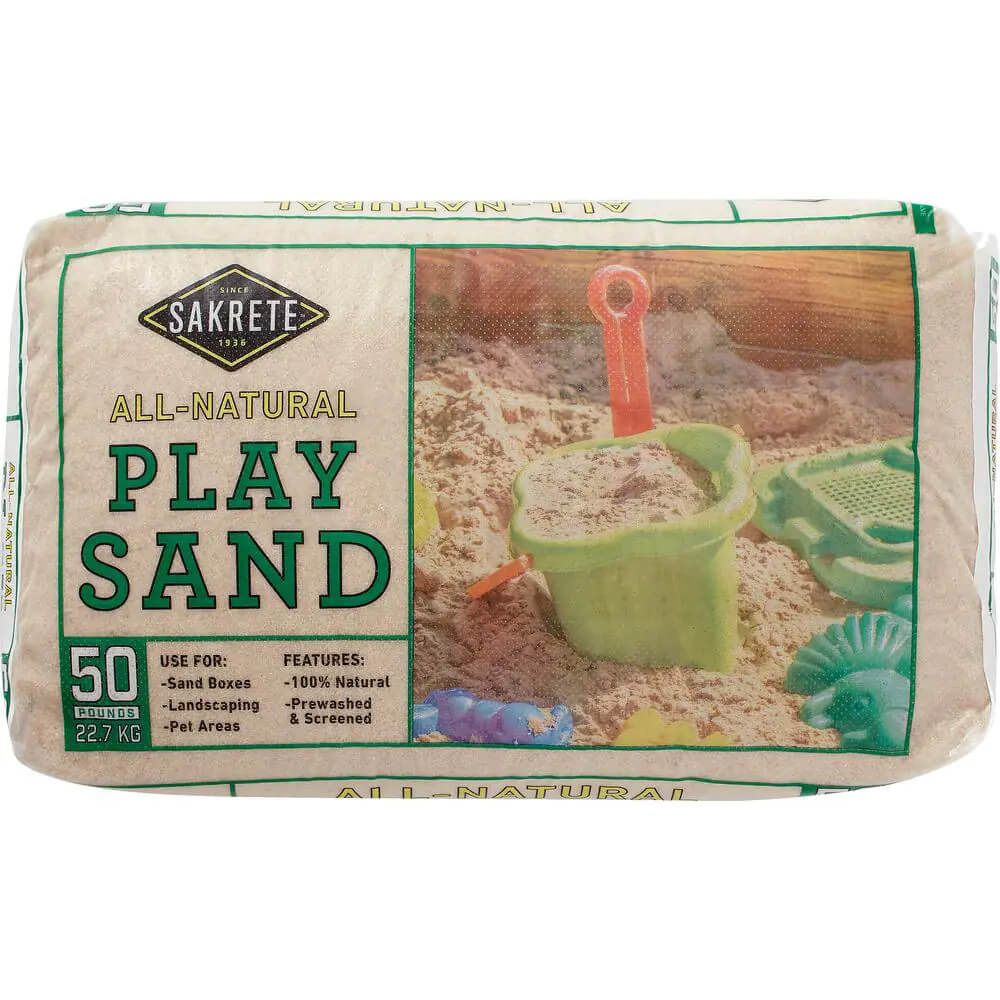
CaribSea Super Naturals Aquarium Sand
Hobbyists may already be familiar with CaribSea. This Florida-based business has been selling aquarium-related products since the 1970s, with substrates being some of their largest offerings. Unlike their more popular eco-complete substrate, CaribSea Super Naturals is inert sand, and hobbyists will need to supplement fertilizers similar to the other sands mentioned on this list.
Conclusion
As you can see, aquarium sands can be used successfully in planted aquariums in a variety of different ways. Whether the sand is serving as your primary substrate, layered on top of the gravel, or just used to create a unique-looking design in a section of your tank, the sands we have mentioned can all be used by the experienced hobbyist. Just don't forget to fertilize!
Have you had success with sand not mentioned on our list? Let us know in the comments, and be sure to check out our marketplace (👀 check out our recent spotlight with Your Aquarium Place!) where you can buy and sell anything aquarium-related with other hobbyists.
